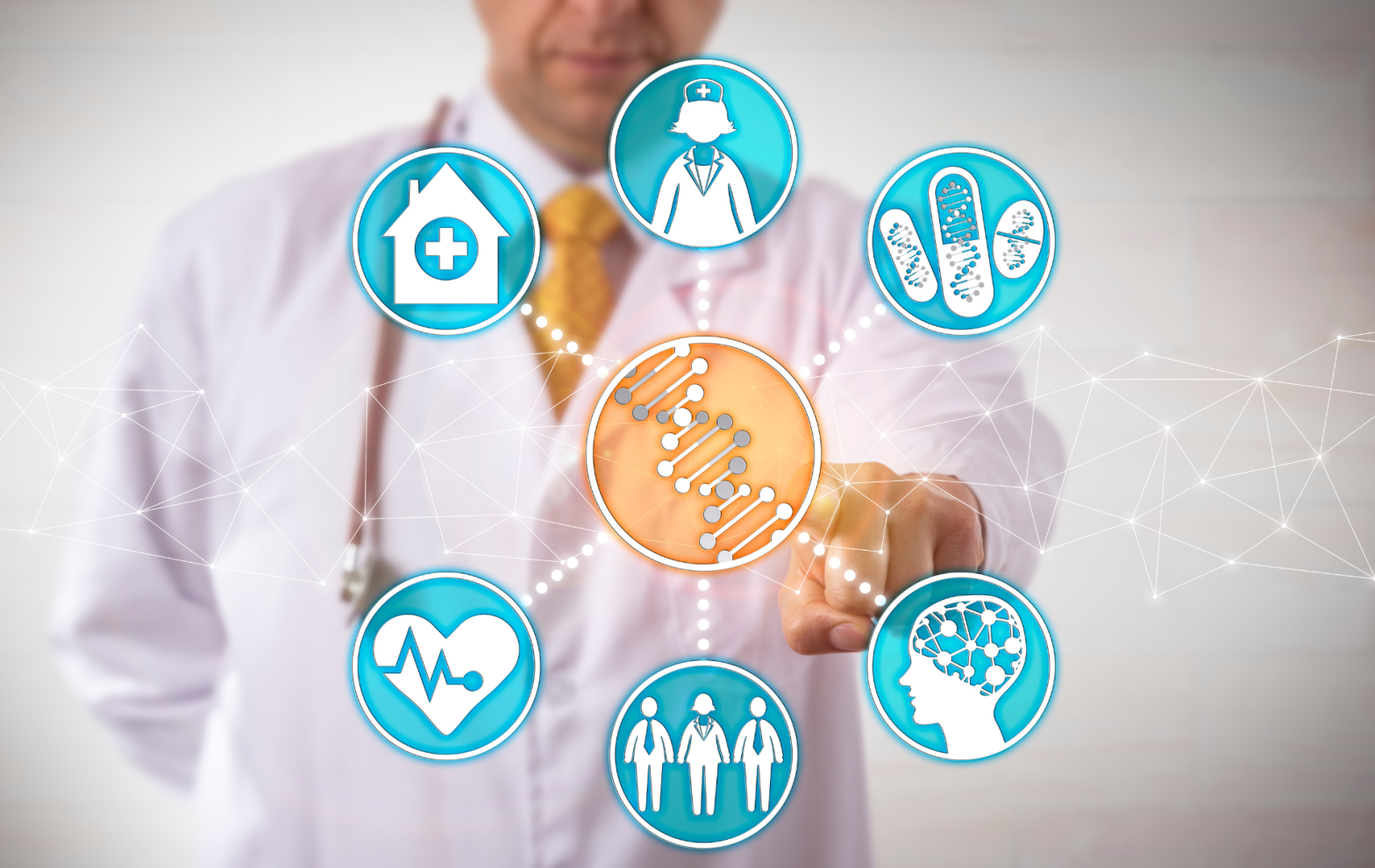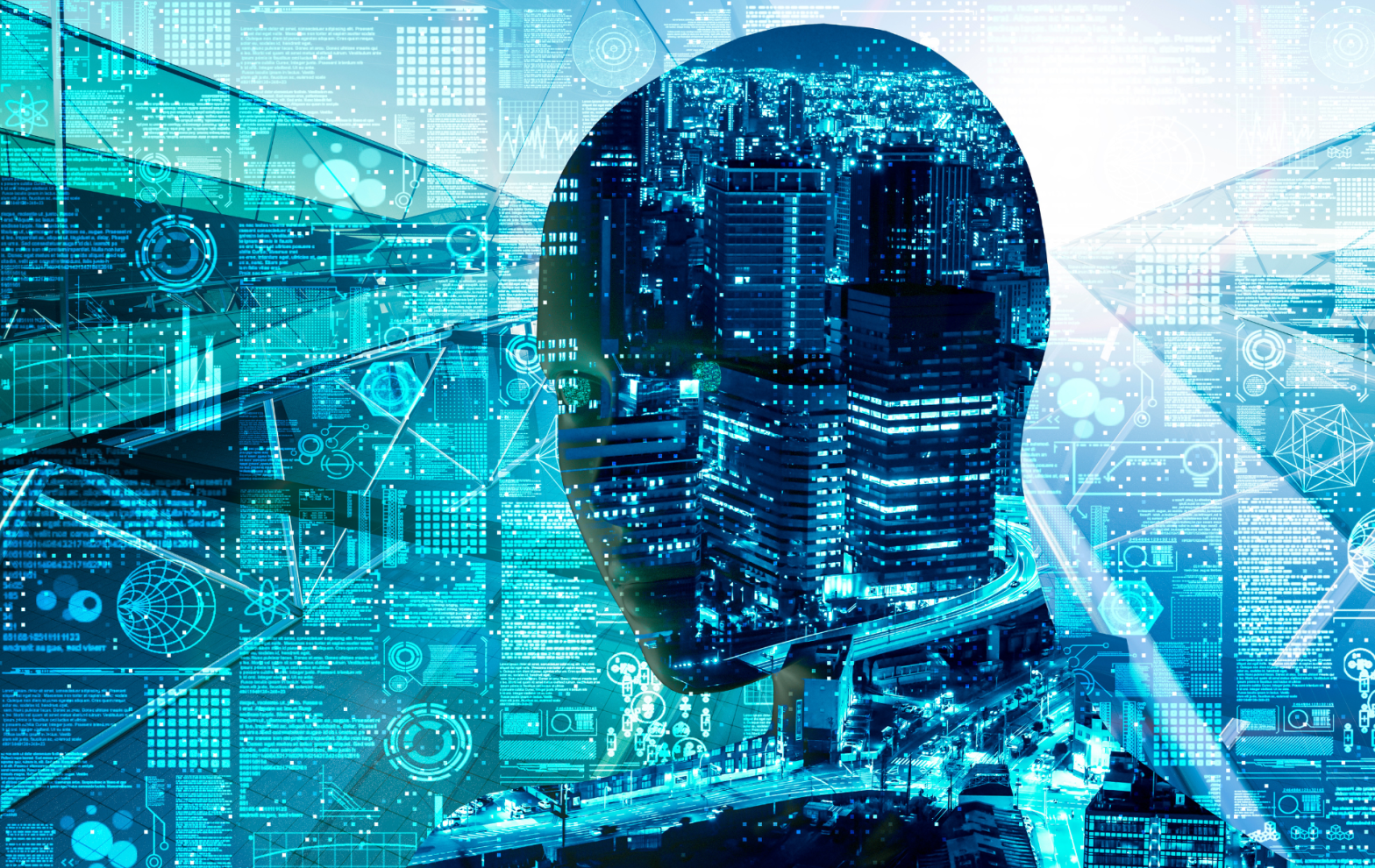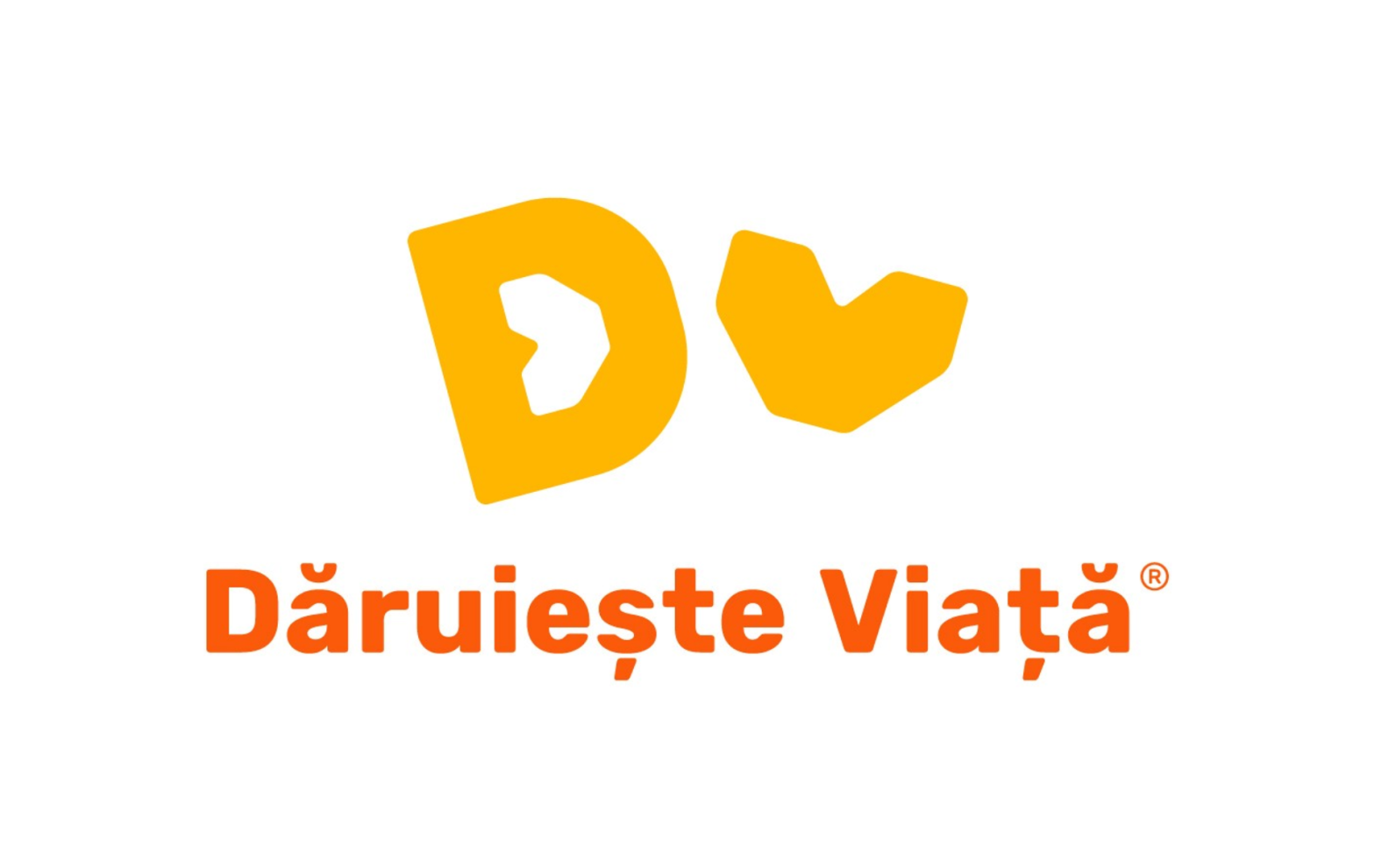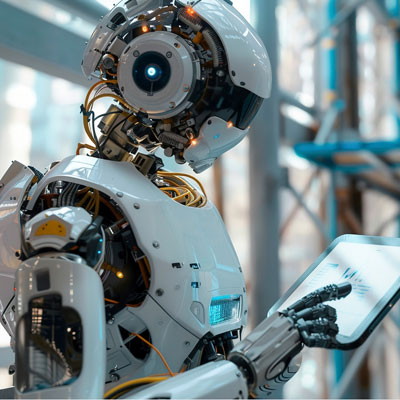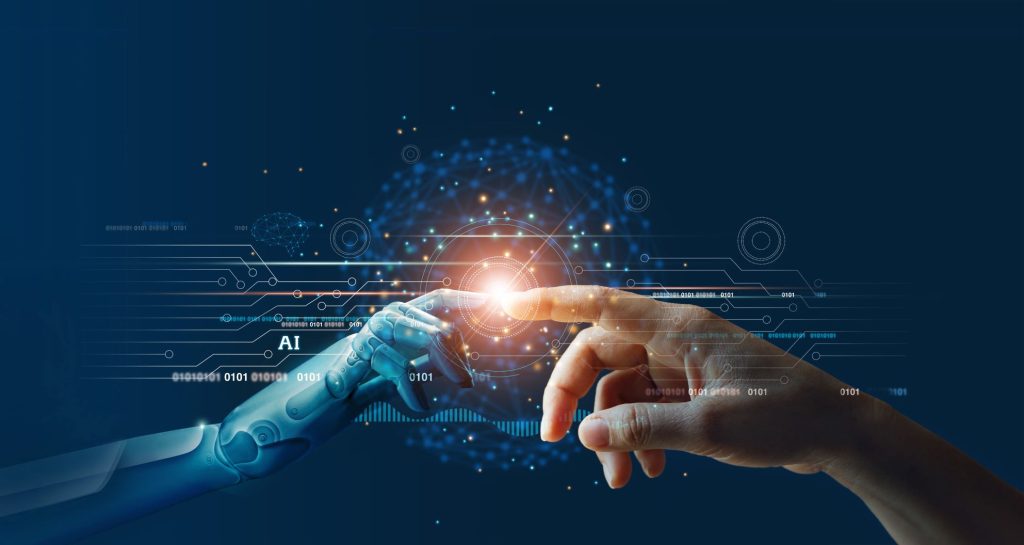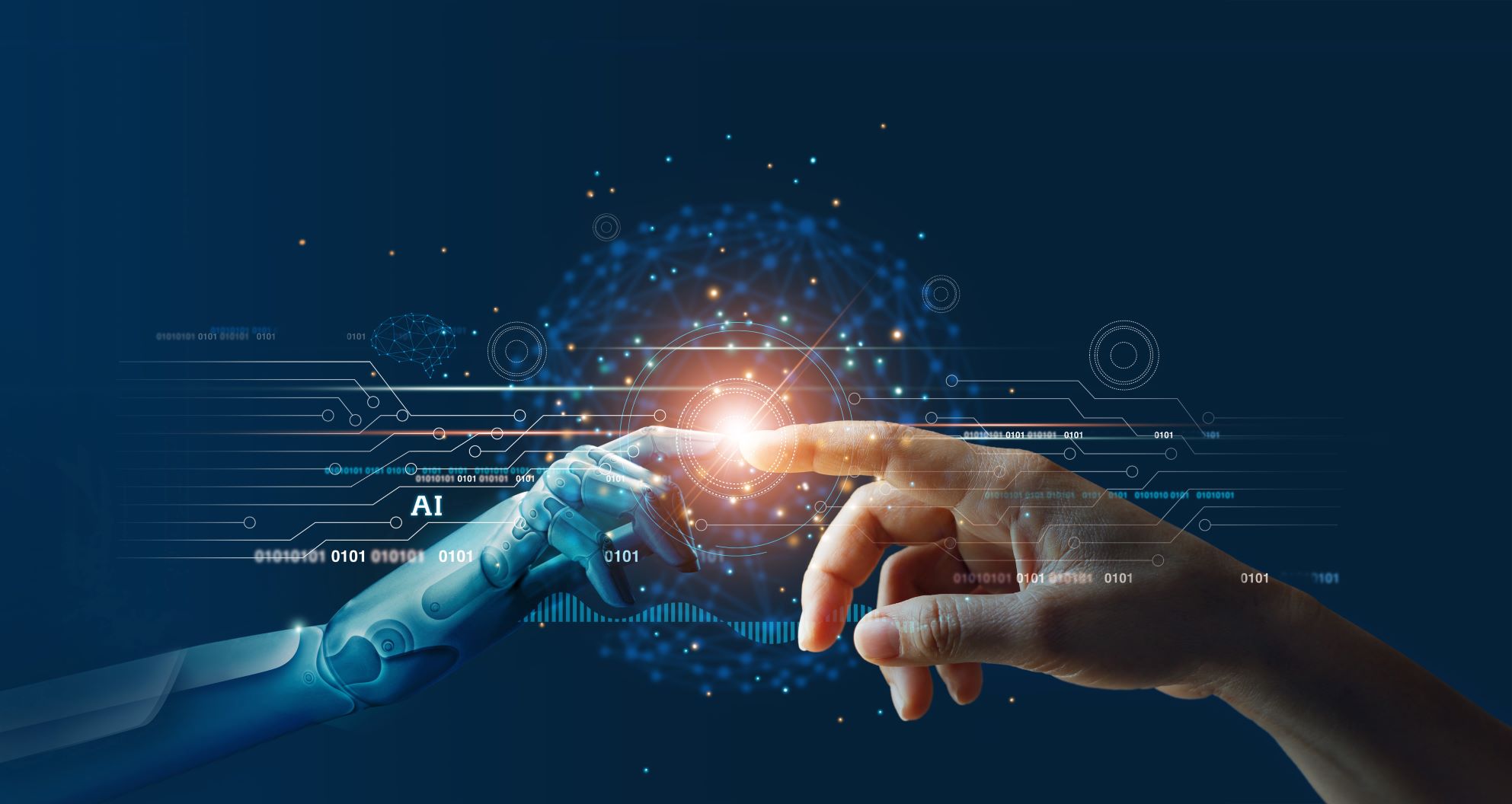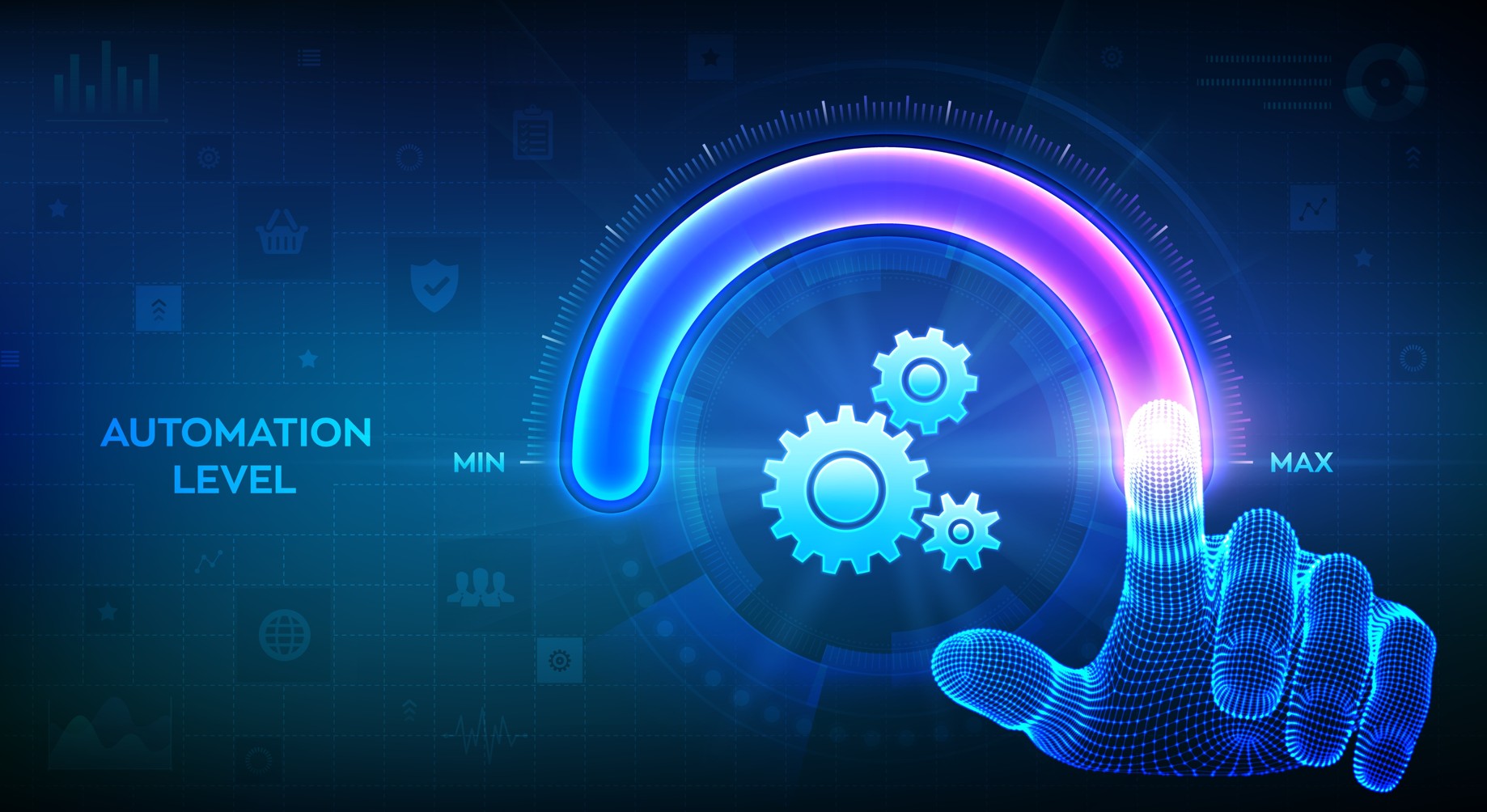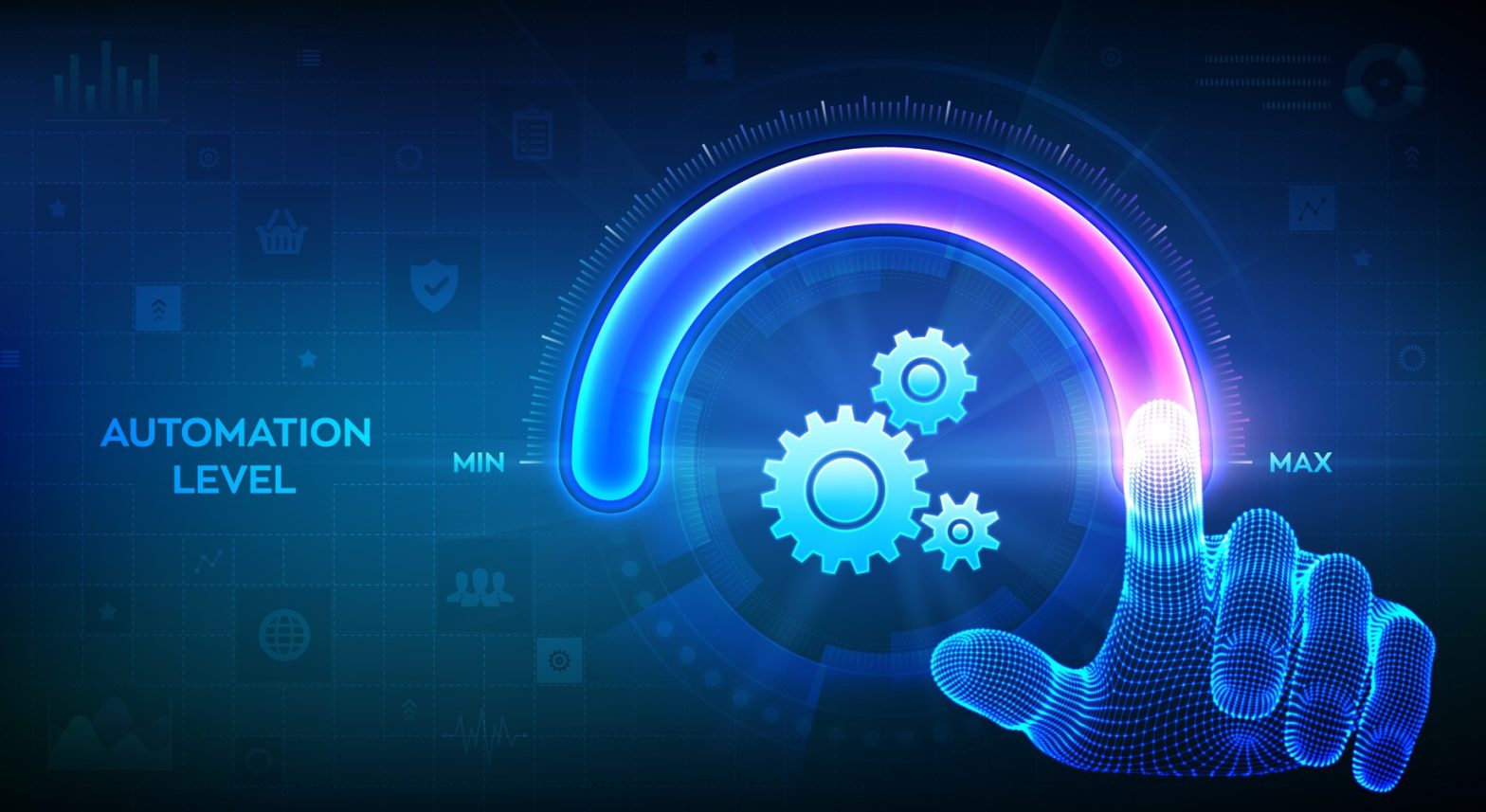For more than 10 years, our country has been facing a human resources crisis in most areas. One of the most affected industries is health. Those trained and educated in the public education system are increasingly choosing careers abroad, generating losses of hundreds of millions of euros, which the government has to spend to educate and specialize these young people. These professionals are attracted on the one hand by higher salaries and living standards in the West, but at the same time are demotivated by working conditions and lack of investment in medical infrastructure.
In the last decade, Romania has lost at least 40,000 doctors and things don’t seem to be improving any time soon. For example, family medicine is a specialization that has reached a critical point.
Colegiul Medicilor estimates that 2,000 more family doctors are needed to make the system work properly. Instead, medical graduates are losing interest in this specialization, and, furthermore, it is estimated that almost half of today’s practicing family doctors will retire in the next 10 years.
Can digitization solve the labour crisis?
Certainly, digitalization and therefore digitalization services and platforms can significantly improve things. Internationally, between 400 and 800 million jobs will disappear or change in the coming years due to automation, but digitalization will create new areas of activity. For example, in Romania alone, new technologies will contribute to the creation of one million new jobs and the healthcare industry stands to benefit greatly from technological advances. Repetitive tasks will be left to robots, through the development of RPA processes and digital self-checking solutions.
Moreover, the concept of machine learning will shorten research and documentation time in clinical cases, while helping to decrease the percentage of human errors by using algorithms that standardize procedures and flows in medical institutions.
What is Machine Learning?
Machine Learning is an automated process capable of obtaining results in just a few seconds that, in manual or semi-automated versions of the work, would take many hours, days, or months.
With Machine Learning, software solutions use mathematical and statistical models to process data sets and output results in the form of advanced analytics or predictive analytics.
Machine Learning cannot exist and function without large volumes of accurate data. From this, the absolutely essential need to ensure the quality, accuracy and complexity of the data sets required by Data Scientists to be able to create relevant mathematical models that can be published into production without major problems, and end up generating more value for the company that uses them. From this point of view, classic medical databases such as Mayo Clinic or UpToDate have been the necessary foundation upon which machine learning and artificial intelligence concepts can develop further.
Secondly, Machine Learning cannot work without people and here I mean infrastructure engineers, data engineers, developers, Data Scientists and support staff.
The applicability of Machine Learning is broad and reaches extremely diverse areas. At htss, we use Machine Learning in the development of products for various industries. For example, for our retail customers, we have created systems that dynamically adapt prices to market conditions, but also adjust stocks according to supply and demand. For our banking customers, we have created solutions that calculate credit risks and automate approval processes, introducing predictive analytics. For our financial-accounting customers, we have created solutions that predict prices, costs and receipts for medium and long periods, helping them to advise their customers.
Main benefits of Machine Learning
From a business point of view, Machine Learning is primarily helpful and implemented in identification processes (facial or voice recognition), advanced and predictive analytics (identification of trends, prediction of the evolution of specific indicators, dynamic pricing, diagnostics, etc.), as well as customer support (chatbots and automated solutions).
One of the main benefits of Machine Learning is the automation of analysis and prediction workflows for complex decision-making processes. Whether it’s the need to create a new account for a customer or patient, provide the best solutions based on needs and preferences, or make difficult decisions about risk, cost and diagnostics, ML speeds up processes and relieves the human factor of repetitive and cumbersome work, freeing the human brain to be creative, think ahead and make those complex decisions it has been trained to make.
The best way to ensure the accuracy of the results obtained with artificial intelligence systems is to choose the professionals who will deal with these systems. What is needed are complex and well-trained teams that have the resources, access to the necessary data, and the freedom to work exactly as they have been trained to produce the mathematical models and ML ecosystems that deliver the right results.
In the short term, Machine Learning needs to be, first and foremost, properly implemented at an increasing number of companies in Romania. Not just through the process of creating ML teams, but also through the process of creating ecosystems of human resources, data resources and implementation resources for models, so that ML starts to produce results. In the medium to long term, however, we will see a significant evolution in the complexity of development processes in ML projects. In parallel, more and more of the activities needed to create and deploy ML models will start to be automated through the emergence of MLOps platforms, like the one htss is currently using for its customers. Once ML becomes the rule rather than the exception in all software ecosystems, the difference will be made by the professionalism and experience of service and product providers in this area, who will be able to ensure rapid evolution in this competitive environment.
About the author:

Adrian Staicu, Manager htss, Custom Software division
Adrian Staicu leads the htss Custom Software division and is dedicated to the division’s mission of revolutionizing the way its customers do business in the digital age. Adrian is a management and communication expert, an MBA graduate with a focus on finance, and over 17 years of business management experience in IT, finance, media and general entrepreneurship.
Source: infofinanciar.ro





